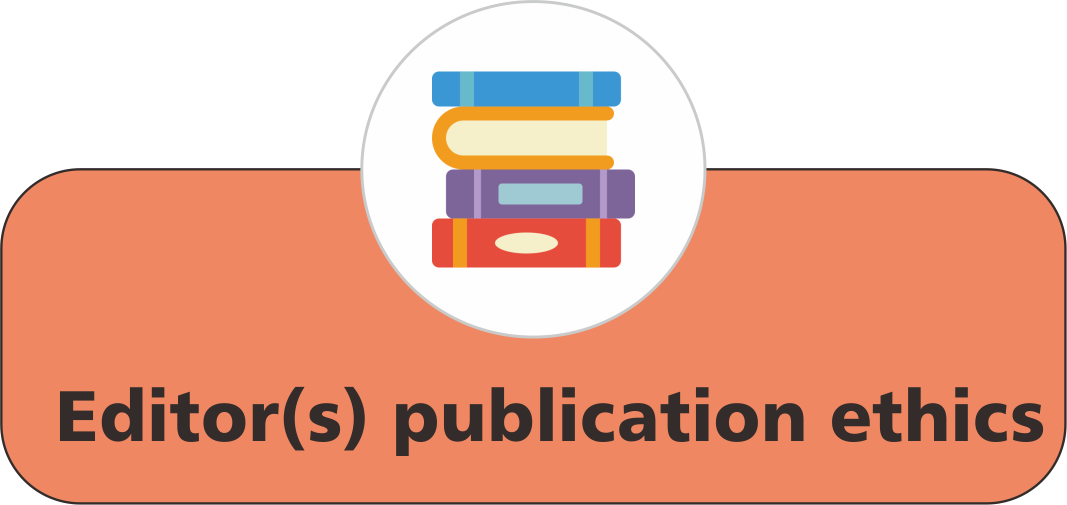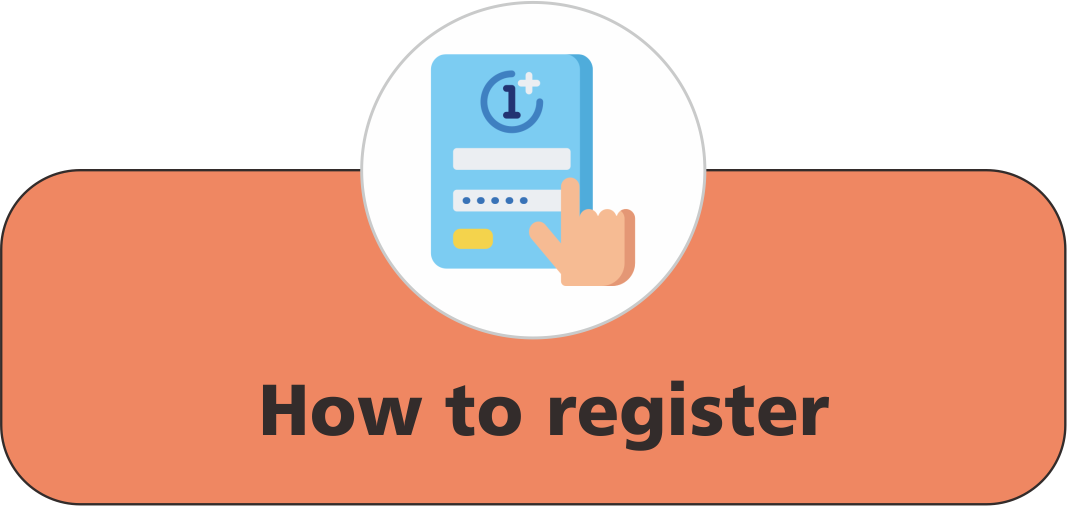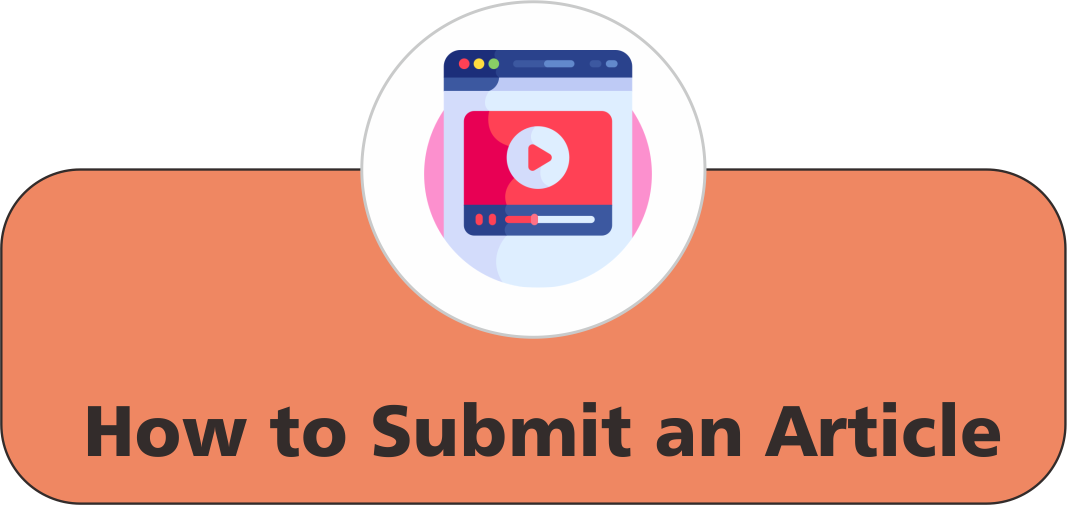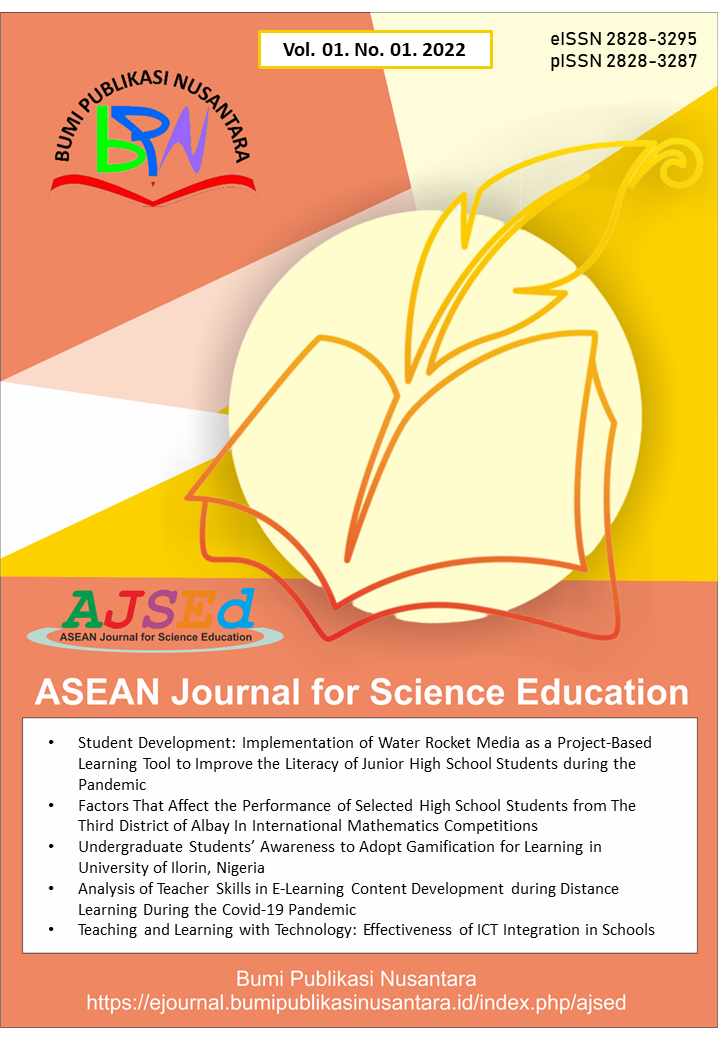Assessing Teachers’ Formative Evaluation Strategy as Related to Senior Secondary School Students’ Achievement in Mathematics
 ), Afolabi Oladayo Olaniyi(2),
), Afolabi Oladayo Olaniyi(2),
(1) University of Lagos
(2) YABA College of Technology
 Corresponding Author
Corresponding Author
Abstract
Keywords
References
Ajogbeje, O. J. (2012). Effect of formative testing on students’ achievement in junior secondary school mathematics. European Scientific Journal, 8(8), 94-105.
Ajogbeje, O. J., Ojo, A. A., and Ojo, O. A. (2013). Effect of formative testing with feedback on students’ achievement in junior secondary school mathematics in Ondo State Nigeria. International Education Research, 1(2), 8-20.
Awofala, A. O. A., and Anyikwa, B. E. (2014). Assessing adult learners’ numeracy as related to gender and performance in arithmetic. New Approaches in Educational Research 3(2), 83-92.
Awofala, A. O. A., and Lawal, R. F. (2022). The relationship between critical thinking skills and quantitative reasoning among junior secondary school students in Nigeria. Jurnal Pendidikan Matematika (Kudus), 5(1), 1-16.
Awofala, A. O. A., and Lawani, A. O. (2020a). Increasing mathematics achievement of senior secondary school students through differentiated instruction. Journal of Educational Sciences, 4(1), 1-19.
Awofala, A. O. A. (2017). Assessing senior secondary school students’ mathematical proficiency as related to gender and performance in mathematics in Nigeria. International Journal of Research in Education and Science, 3(2), 488-502.
Awofala, A. O. A., Akinoso, S. O., and Adebayo, A. (2022a). Exploring preservice mathematics and social studies teachers’ internet addiction as connected with gender and grade point average. Pedacta, 12(1), 1-6.
Awofala, A. O. A., Arigbabu, A. A., and Awofala, A. A. (2013). Effects of framing and team assisted individualised instructional strategies on senior secondary school students’ attitudes toward mathematics. Acta Didactica Napocensia, 6(1), 1–22.
Awofala, A. O., and Sopekan, O. S. (2020). Early-years future teachers’ mathematical beliefs as determinants of performance in primary mathematics. Journal of Research and Advances in Mathematics Education, 5(1), 54-68.
Awofala, A. O., Lawal, R. F., Arigbabu, A. A. and Fatade, A. O. (2022b): Mathematics productive disposition as a correlate of senior secondary school students’ achievement in mathematics in Nigeria. International Journal of Mathematical Education in Science and Technology, 53(6), 1326-1342.
Awofala, A. O. A. (2011). Is gender a factor in mathematics performance among Nigerian senior secondary school students with varying school organization and location. International Journal of Mathematics Trends and Technology, 2(3), 17-21
Dahal, B. (2019). Formative assessment and achievement of mathematics students in community schools of Nepal. Journal of Social Science Research, 1(1), 75-93.
Ferdinal and Isramirawati. (2020). The impact of formative assessment on students' academic achievement: A case study of english students of faculty of humanities, Andalas University, Padang, Indonesia. Advances in Social Science, Education and Humanities Research, 506, 126-134.
Fitriana, N. A., Slamet, I., and Sujadi, I. (2018). Classroom assessment: Student achievement in mathematics through formative assessment. Advances in Social Science, Education and Humanities Research, 100, 208-211.
Ikpi, E. E., Ojating, H., and Mpantor, O. B. (2019). Formative assessment practices, attitude and learning outcome of students in mathematics in selected secondary schools in south-south Nigeria. British Journal of Education, 7(6), 26-37.
Lawal, R. F., and Awofala, A. O. A. (2019). Effect of lesson study on senior secondary school students’ achievement in mathematics. Journal of Science, Technology, Mathematics and Education, 15(3), 49-65.
Luvira, V., Bumrerraj, S., and Srisaenpang, S. (2018). Formative evaluation and learning achievement in epidemiology for preclinical medical students. Indian Journal of Community Medicine, 43(4), 298 - 301.
Ndirika, M. C., and Ubani, C. C. (2017). Peer tutoring teaching strategy and academic achievement of secondary school biology students in Umuahia education zone, Nigeria. Journal of Research and Method in Education, 7(3), 72-78.
Okunuga, R. O., Awofala, A. O. A. and Osarenren, U. (2020). Critical thinking acquisition of senior secondary school science students in Lagos state, Nigeria: A predictor of academic achievement. Journal of Curriculum and Instruction, 13(1), 44-56.
Oladipo, A., Osokoya, M. M., Awofala, A. O. A., and Udeani, U. (2020). Influence of test-talking skills on the acquisition of study habits among senior secondary STEM students in Lagos, Nigeria. Beder University Journal of Educational Sciences, 23, 104-123.
Olagunju, A. M. (2015). The effect of formative assessment on students’ achievement in secondary school mathematics. International Journal of Education and Research, 3(10), 481-490.
Orheruata, M. U., and Oyakhirome, H. A. (2019). Effect of formative classroom assessment on students’ academic achievement in junior secondary school basic science in Egor local government area of Edo State, Nigeria. Journal of Education and Practice, 10(15), 184-189.
Oribhabor, C. B. (2019). The Influence of gender on mathematics achievement of secondary school students in Bayelsa State. African Journal of Studies in Education, 14(2), 196-206.
Ozan, C., and Kıncal, R. Y. (2018). The effects of formative assessment on academic achievement, attitudes toward the lesson, and self-regulation skills. Educational Sciences: Theory and Practice, 18, 85–118.
Sahibzada, J., and Himat, A. N. (2019). Impacts of formative assessment on efl students’ academic performance at Kandahar University. American International Journal of Social Science Research, 4(2), 102-111.
Ugwumaduka, E. B., and Olabode, O. T. (2021). Formative assessment, feedback, remediation and students’ academic achievement in basic science: A quasi-experiment. African Journal of Education, Science and Technology, 6(3), 320-332.
Ukoh, E. E., and Onifade, S. A. (2020). Pre-lesson assignments and formative assessment strategies with interactive invention instruction on low achievers in physics. Momentum: Physics Education Journal, 4(1), 45-56.
Van den Berg, M., Bosker, R. J., and Suhre, C. J. (2018). Testing the effectiveness of classroom formative assessment in Dutch primary mathematics education. School Effectiveness and School Improvement, 29(3), 339 - 361.
Article Metrics
Abstract View : 1798 times
: 1798 times Download : 1004 times
Download : 1004 times
Refbacks
- There are currently no refbacks.
Copyright (c) 2023 Bumi Publikasi Nusantara

This work is licensed under a Creative Commons Attribution-ShareAlike 4.0 International License.







